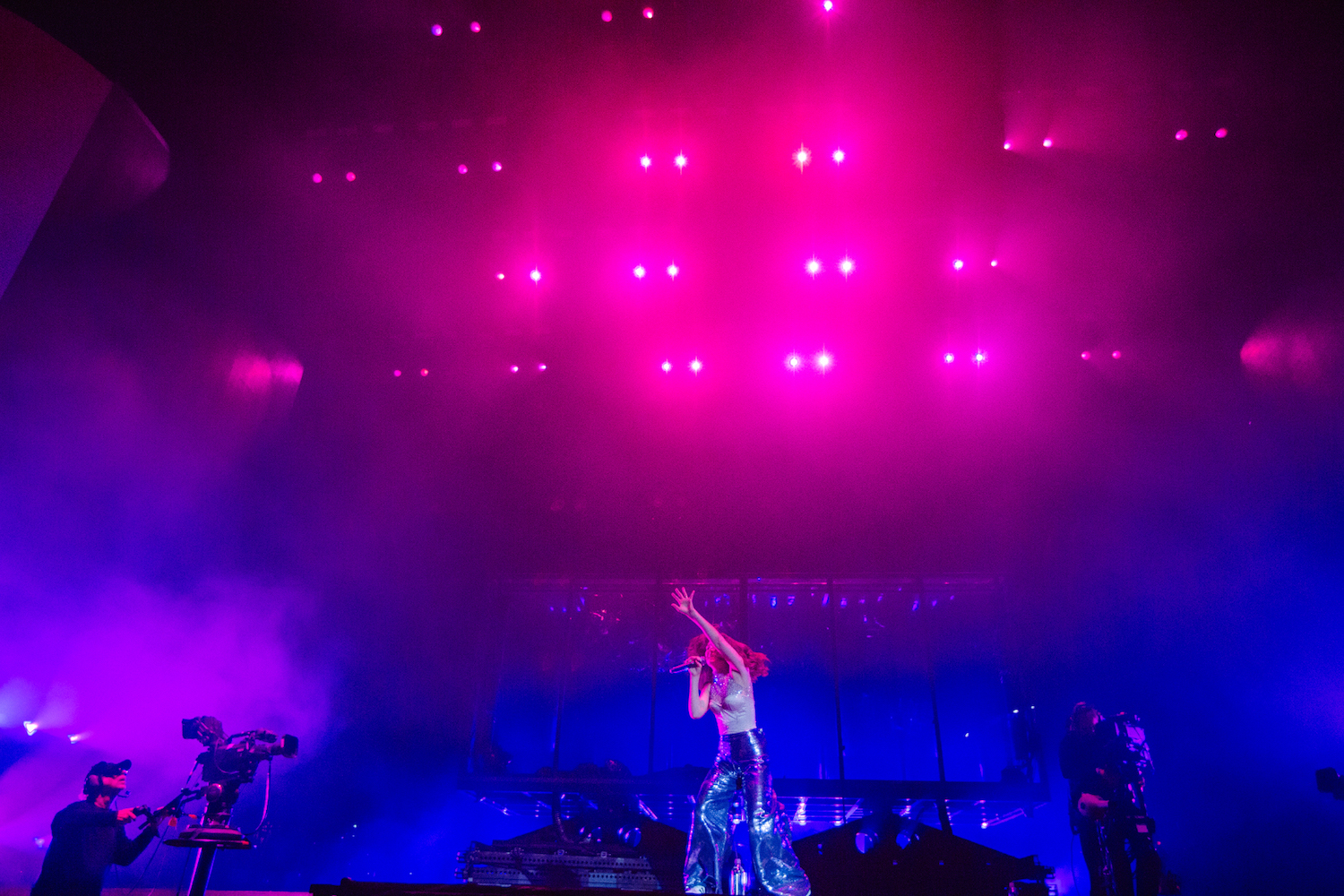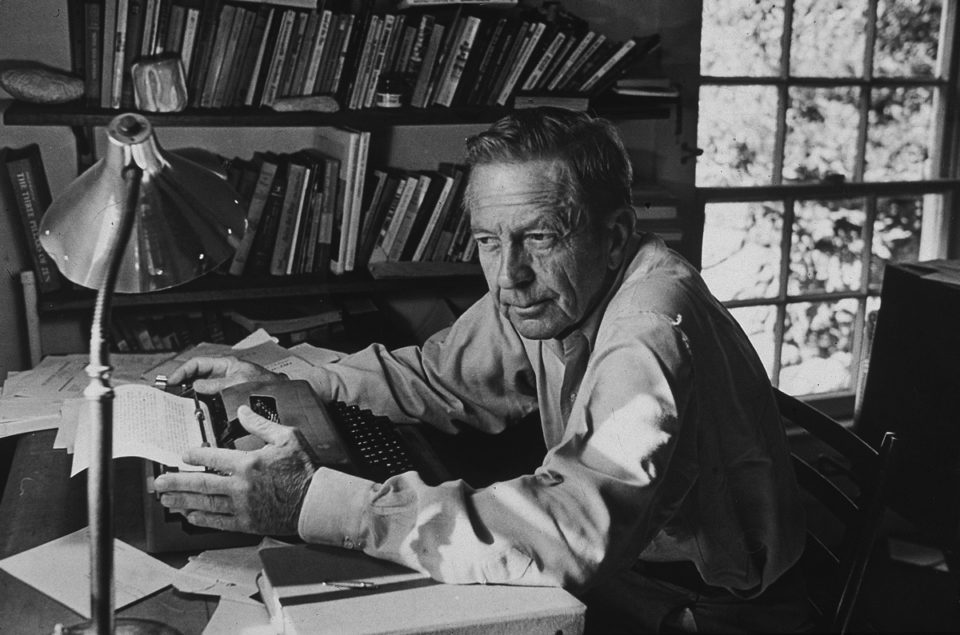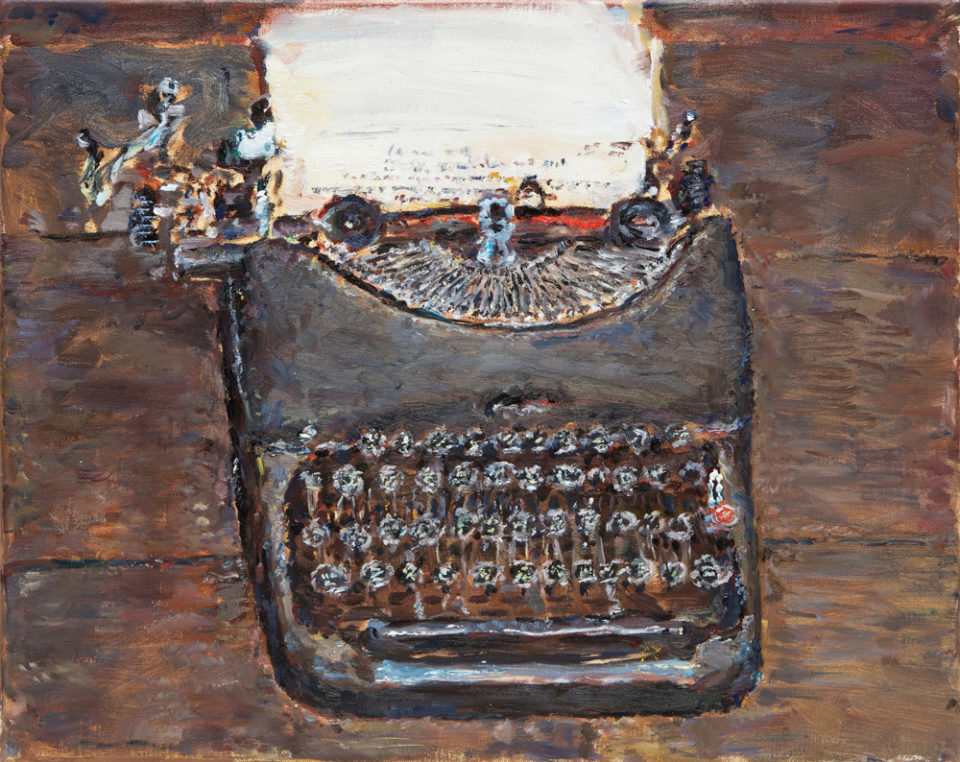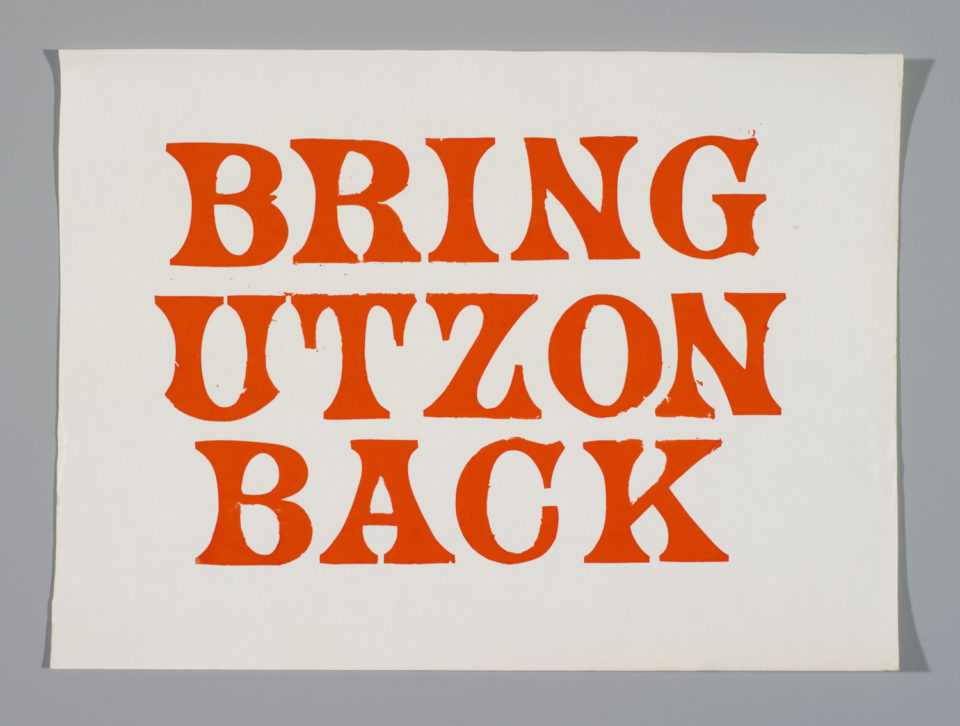‘We live in cities you’ll never see onscreen.’
A line like this might have earned Lorde a reputation in any pop era. But in 2013, with a new conversation about class and inequality underway, her arrival seemed especially timely.
In the wake of the Global Financial Crisis and Occupy Wall Street, Karl Marx was creeping back into the bestseller lists, while the IMF was gingerly coming back around to the idea that taxing the rich might be a good idea after all. Bill de Blasio became Mayor of New York by promising to end income inequality, while the Hunger Games film franchise brought the language of class struggle to the multiplex.
Lorde soundtracked them both, the first unwittingly (when de Blasio took the stage to announce his victory to the strains of her first hit song, ‘Royals’), and the second very carefully and deliberately. For reasons within and outside of her control, the idea of Lorde as a conduit for dissent grew, and ‘Royals’ became the unofficial anthem of the 99%.
Her song’s targets – rappers, rock stars and rich kids of Instagram – were picked from the world of music and pop culture, not Washington or Wall Street. But then, pop culture plays its part in making everyday life what it is: soft-selling the myths of the ruling class, making a gaudy spectacle of its riches, just to remind us that we could have all this too – if we’d only dare to follow our dreams.
The woman singing in ‘Royals’ seemed to have found a life beyond all this; to have seen everything on offer, and chosen not a dream, but her own experiences. She sang from the suburbs, from that place where we’re supposed to watch what we can never have from a distance. Instead, Lorde switched off the Kardashians, piled into a crappy car with all her friends, and drove off to have some real fun.
It was only because we wanted to be part of her gang (or felt we already were) that the “we” in ‘Royals’ chorus rang so true. Lorde’s pop spoke from outside of pop, for people who will never lead a pop life, who have resolved to live in the world they have – and to celebrate it.
‘My friends and I we’ve cracked the code.’
Nevertheless, in the wake of her debut album Pure Heroine, Lorde found herself in a familiar pickle. To wit: she had earned our respect by daring to say that celebrity life is not that interesting, that real life is where it’s at. But this made her famous – and within a couple of years she was spending far more of her time in this bullshit world than the anonymous and somehow freer one where she had started.
To keep denouncing the spectacle of fame when you’re being invited to the best parties it can offer would be bad manners at best, and fatally ironic at worst: “If I wrote my next record about the same stuff I wrote the first record about,” she explained in 2014, “I think people listening would be able to tell I didn’t believe it.”
What to do?
Lorde had learned a great deal as a listener, as a fan. In high school she graduated from Ke$ha to Animal Collective (and felt superior for it), and then came back around to Ke$ha, (because fuck feeling superior). Like a lot of crossover acts before her (Human League, Blur, Hole circa ‘Malibu’, Ladyhawke; Bluejuice) Lorde adopted a view which sees pop, because it’s loved by people, as demotic (if not democratic), and whatever is ‘anti-pop’ as tainted by the stink of snobbery.
She was initially brought up to love high culture, but grew, she said, “allergic to anything that feels exclusive in art”. By these lights, pop, when made by the pure-at-heart, is the very voice of ‘we’, and to be a pop artist is to participate in a kind of folk art: for the people, by the people.
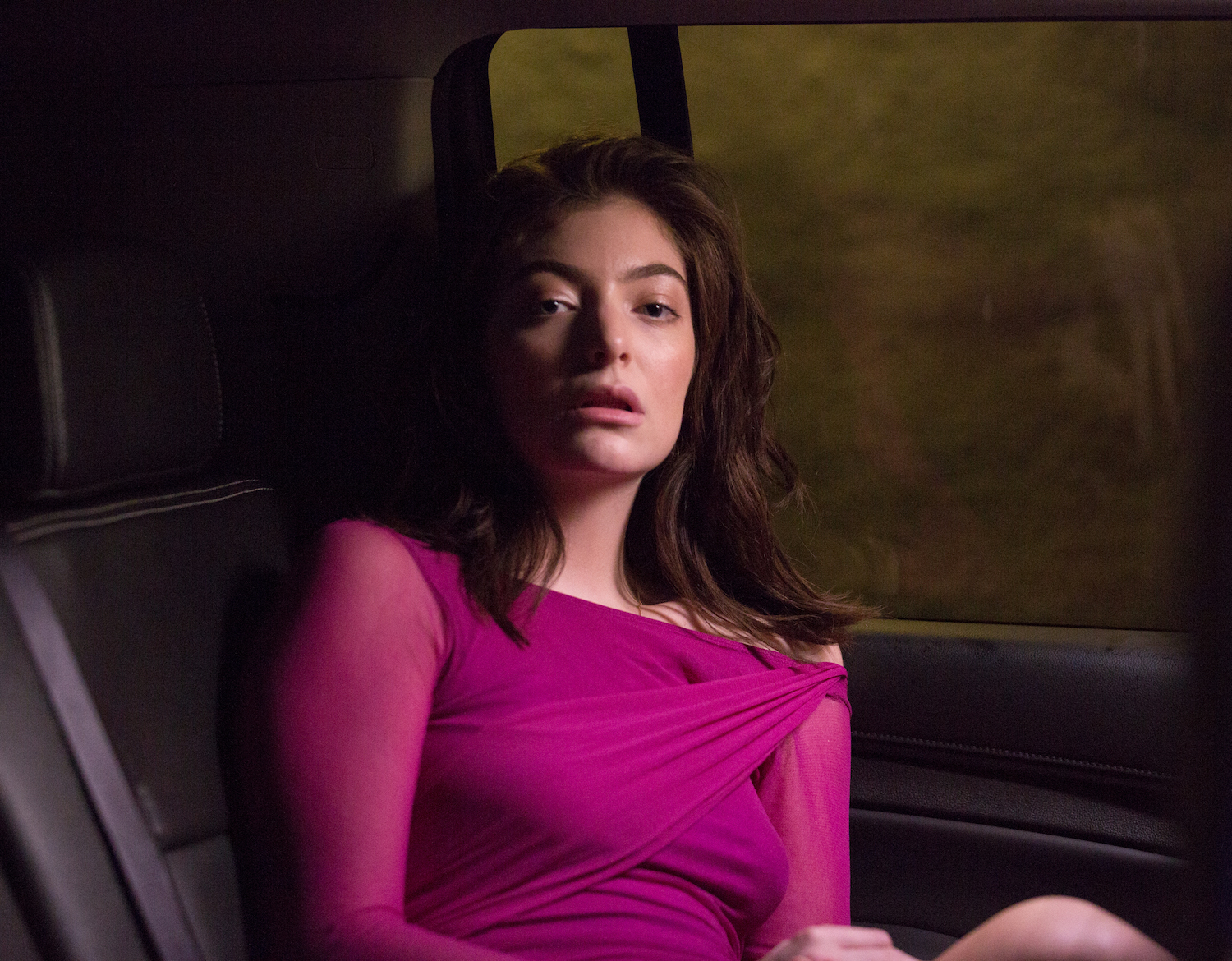
Lorde in the music video for ‘Green Light’. Photography by Brendan Walter.
Once a pop consumer becomes a successful pop producer, their relationship to the masses of which they were once a part changes quickly and completely. Trying to keep up the impression that it hasn’t would expose them to the charge of inauthenticity; admitting that it has is more honest, but causes problems of its own, as Lorde now knows: “I have sat in the back of a car with tinted windows and wanted to unroll the windows but couldn’t,” she told Tavi Gevinson.
However lonely this might be, Lorde knows she can’t write about it. ‘I’m in a jacuzzi with champagne but I’m really sad,’ would be unacceptable subject matter to her audience, no matter how ‘real’ it is. To be seen to be enjoying (or not enjoying) this kind of thing would make her a part of the very same “everybody” she so casually wrote off in ‘Royals’.
In that song they were all “gold teeth, Grey Goose”.
Was Lorde now like that too?
“How can I fuck with the fun again / when I’m known?”
The solution to this dilemma in Lorde’s music, evident in the first fifteen seconds of her comeback single ‘Green Light’, is the disappearance of a certain pesky pronoun. Lorde’s original trilogy of hits were defined and united by their use of the collective first person: ‘we’.
“Kristal, Maybach,” she sang, in her famous litany of pop excess, “we don’t care.”
By contrast, ‘Green Light’ begins with a very different set of pronouns: in the first ten seconds it’s all “I”, “you” and “she”. This is no accident. “The first record was ‘we’ and ‘us’,” she told NME, “and this record is ‘I’.” Melodrama takes place, as Lorde puts it, in “the bubble in my mind”, a private world of feelings and impressions, emotional intrigue and personal catharsis.
It’s a good solution; if the artist is no longer really a part of ‘we’, but would rather not draw too much attention to her increasing affiliation with ‘they’, she can escape the whole mess by insisting on herself as an ‘I’; by producing, as she puts it, “a record about being alone”.
“A lot of the things that happen on the songs take place sitting in a car with one other person, or being inside my own house while a party’s going on, in the bathroom or on the dance floor, in a bedroom or whatever,” she explained to NPR. “The intimacy of the spaces on this record, I think, is a direct response to having my life kind of flipped inside out.”
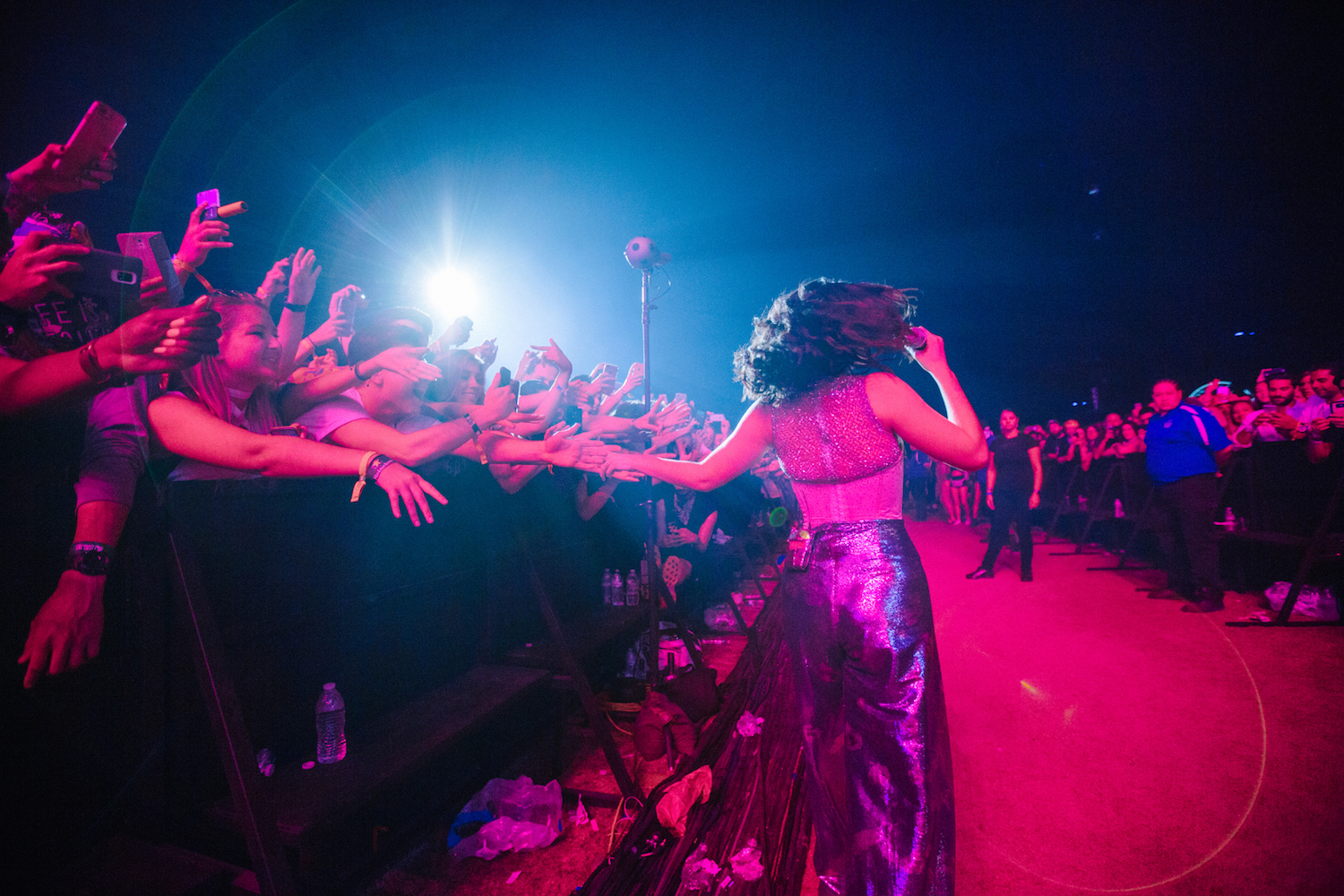
Lorde’s second album is a record about being alone. Photography by Brendan Walter.
This new personal focus has already been praised by critics as a sign of her increasing maturity – and Lorde herself sees the shift in similar terms.
Tellingly, she’s cultivated a fondness for Paul Simon, Stevie Nicks, Joni Mitchell and Don Henley (formerly of the Eagles), artists who defined and epitomized the shift from the prevailing themes of rock in the sixties – collective action and generational insurgence – to a new preoccupation with interpersonal drama and emotional introspection in the seventies and eighties.
“I’m excited to get older,” she told the New York Times, “and be able to do it like they do it.”
Lorde sees this music as timeless, because it deals with emotions and not so much with class struggle or intergenerational conflict. Whether it’s you or me or Paul or Stevie, Tavi or Lena or Lorde; no matter how big our house is or how famous we are, we all want to find ourselves and understand our feelings, be moved by music, lose ourselves in sensation, love and be loved.
Maybe that’s all there is to it, and all there ever was?
‘Team’, ‘Royals’, ‘Tennis Court’ dared to imagine a lazy revolution, our gang against the world, or at least the version of it shown on screens and heard in songs; all those 2012 bangers advertising parties we never seemed to get invited to. That gang re-appears only once on Melodrama, on a song called ‘Perfect Places’, a kind of counterweight to the rest of the album. In it Lorde steps outside her bubble, takes a look at what’s going on in the world, and concludes – reasonably enough – that nothing can be done. “I hate the headlines and the weather,” she sings, “but when we’re dancing I’m alright.”
She invites us to slip away with her in search of “perfect places”, to get lost, get high, dance, fall in love.
In 2013, Lorde told us that she was “kinda older than I was when I revelled without a care.” Now, she’s a little older again.
Lorde Australian Tour:
November 21 and 22 – Sydney Opera House Forecourt (All Ages)
November 23 – Riverstage, Brisbane Botanic Gardens (All Ages)
November 25 – Spilt Milk Festival, Canberra (18+)
November 26 – Sidney Myer Music Bowl, Melbourne (All Ages)
Tickets: https://www.frontiertouring.com/lorde


